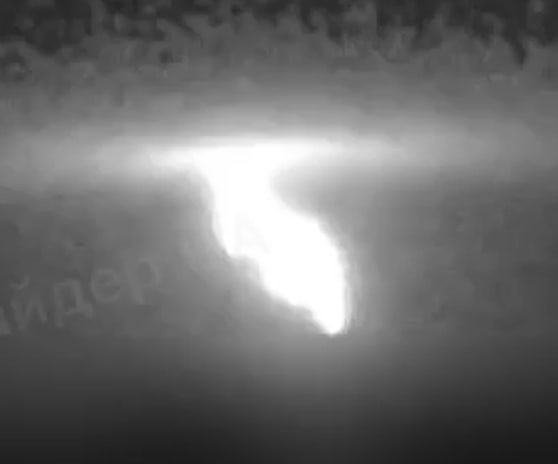
The reported missile attack on Dnipro's industrial zone on the morning of November 21, 2024, raises significant concerns about potential escalation in the ongoing conflict.
According to the Ukrainian Air Force, at 05:00 local time, the city of Dnipro, particularly its industrial zone, was struck by what they claim to be an intercontinental ballistic missile (ICBM). The missile was allegedly launched from Kapustin Yar in Russia's Astrakhan oblast, approximately 1,300 km from Dnipro.
Video evidence suggests multiple impact trails, indicating either a missile equipped with multiple independently targetable reentry vehicles (MIRVs) or several missiles striking the same target area. If the Ukrainian claim of an ICBM is accurate, the most likely candidate is the RS-26 RUBEZH (SS-X-31). This "dummy" ICBM can potentially carry conventional warheads and has been tested over shorter distances (under 2,000 km).
Some consider it a replacement for the SS-20 intermediate-range missile. Alternatively, the attack could have been carried out using Iranian or North Korean-supplied intermediate-range missiles with multiple warheads. If the use of the RUBEZH is confirmed, it could be interpreted as an escalatory message from Russia, possibly in response to recent ATACMS and Storm Shadow missile strikes on Russian territory. This action may be intended to reaffirm the credibility of Russia's nuclear threat and demonstrate Moscow's readiness to employ such weapons.
The absence of large explosions in the available video footage raises the possibility that the warheads used were inert. This could support the hypothesis of a "pre-nuclear" demonstration attack. Again, this incident, if confirmed, represents a significant escalation in the conflict and warrants close attention from the international community. The use of ICBM technology, even with conventional warheads, sends a strong message and could potentially alter the dynamics of the ongoing war.








